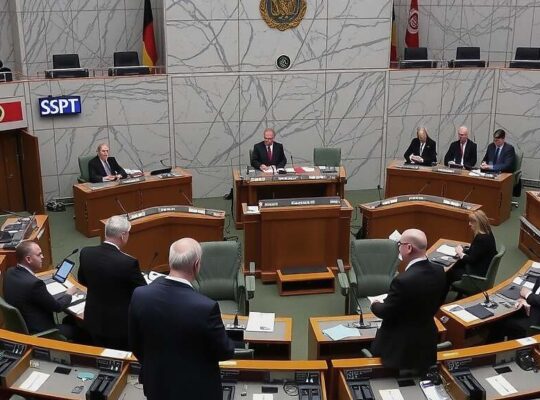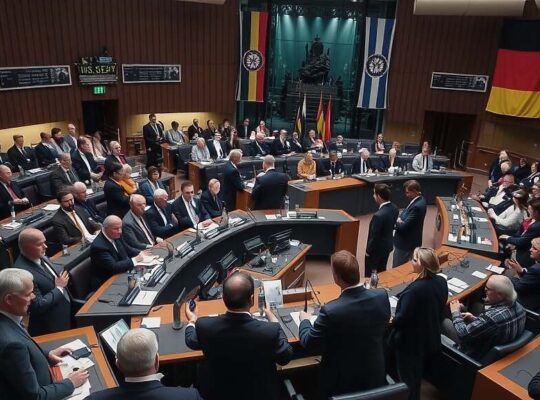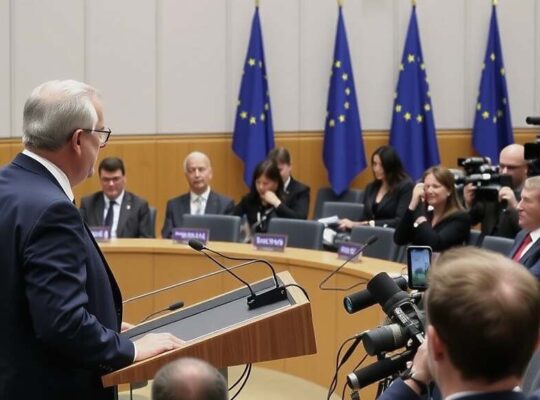Political tensions are escalating in Germany following the government’s decision to raise the minimum wage to €13.90 by January 1, 2026. The move, intended to alleviate pressure on low-income workers, has triggered a public dispute between the employers’ association, the BDA and the Social Democratic Party (SPD), exposing underlying political maneuvering and accusations of opportunism.
The disagreement stems from differing interpretations of the decision-making process. Steffen Kampeter, CEO of the BDA, sharply criticized the SPD’s recent claims of involvement, labeling them as “political posturing”. Kampeter emphasized that the Minimum Wage Commission, an independent body composed of employer and employee representatives, made the decision autonomously. He asserted that the social partners had demonstrated their independence, explicitly denying any role for political parties in the deliberations.
The SPD’s claim of vindication has drawn particular ire. SPD General Secretary Tim Klüssendorf previously publicly celebrated the wage increase as a “clear victory” for his party, attributing it to a combined effort between unions and social democrats and explicitly positioning it as a result of their collective pressure. This assertion directly contradicts the BDA’s account of the Commission’s independent process.
The spat highlights a deeper issue: the persistent struggle to define the boundaries between political influence and genuine social partnership in Germany’s consensus-driven system. While the minimum wage increase is ostensibly a triumph for low-wage workers, the ensuing political squabble risks undermining the carefully cultivated image of a neutral and impartial commission, potentially calling into question future decisions and creating a climate of suspicion regarding collaborative policy-making. The incident also reveals the SPD’s eagerness to capitalize on a politically sensitive issue, potentially obscuring the complex negotiation process and the genuine concerns of both employers and employees.












